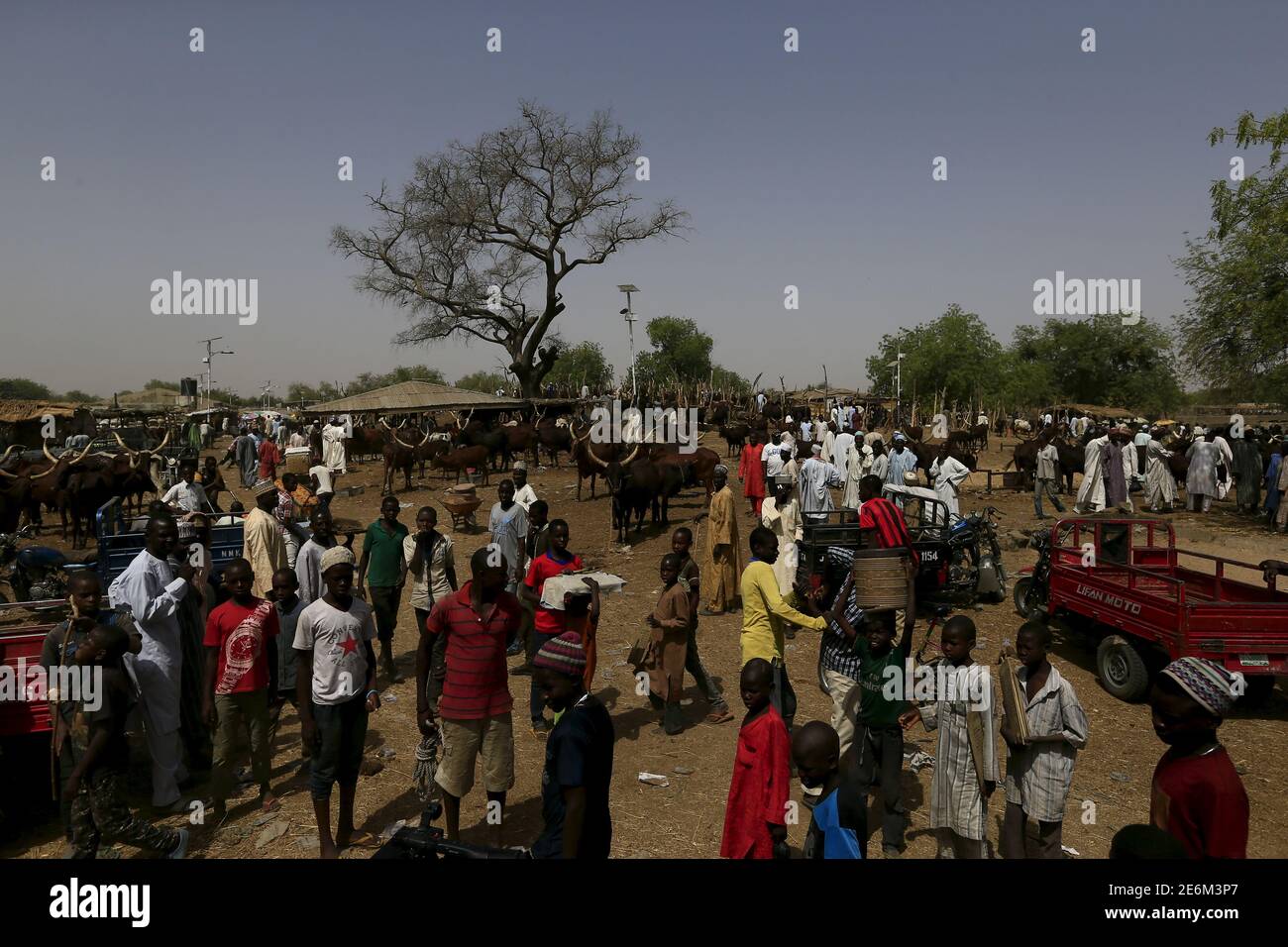

Other affected countries in the Lake Chad region - Chad, Cameroon and Niger - have joined the war against Boko Haram, complemented by series of supportive initiatives by the international community.īoko Haram, meaning Western education is forbidden, is the brand name for Jama’atu Ahlis Suna Lidda’awati Wal Jihad (People Committed to the Propagation of the Prophet’s Teachings and Jihad), which was renamed the Wil?yat al-Isl?miyya Gharb Afr?qiyyah (or the Islamic State West African Province (ISWAP) in March 2015. (5) Subsequent governments of Nigeria have been committed to a series of efforts to contain Boko Haram’s violence. How and when Boko Haram’s campaign of terror ends have become a matter of serious concern in Nigeria and beyond. As Virginia Comolli wrote in her book “Boko Haram: Nigeria’s Islamist Insurgency”, the death in childbirth of one of Shekau’s wives ‘triggered some existing but hitherto repressed psychiatric problem: he became so violent that it was necessary to put him in chains.’ At the time of the kidnappings, he claimed that the girls were slaves and would be sold in the market because ‘Islam permits slavery.’ (4) Shekau once boasted on social media that he enjoyed ‘killing anyone that God commands me to kill the way I enjoy killing chickens and rams’. Some observers find it difficult to see a strategy in Boko Haram’s activities, or to know whether strategy is involved at all, especially since Abubakar Shekau, the movement’s leader, appears to be unbalanced.

Its campaign of violence started as a less organised and less sophisticated uprising in 2002 but by 2015 it has acquired the infamous title of the “world's deadliest terrorist organisation”. The group's ideological objective has evolved from simple advocacy for Islamic puritanism in northern Nigeria to the creation of the Islamic State in West Africa and Lake Chad region in particular. Since 2009, Boko Haram’s campaign of terror has been the biggest security challenge facing Nigeria, although the escalating clashes between pastoralists and farmers across the country struggle to eclipse the insurgency. This paper examines the trend of Boko Haram’s violence, and aims at explaining the group, societal, state and international dynamics that have shaped its rise and decline.

Boko Haram waged a short-lived uprising surged in violence under President Goodluck Jonathan's administration, and has grown resilient under President Muhammadu Buhari's administration. (2) UNICEF blames the militant group for killing around 2,295 teachers and destroying more than 1400 schools destroyed since the conflict started nearly nine years ago. (1) Boko Haram insurgency is believed to have claimed at least 100,000 lives, displaced more than 2.6 million people, caused pain to over 52, 311 orphans and 54,911 widows, and led to about $9 billion worth of damage. Major General David Ahmadu, army chief of Training and Operations, said the operation would last four months and involve the deployment of additional six army brigades and other military assets in Borno state, where the insurgents remain active. The Nigerian Army has recently initiated a new military operation in the northeast region of the country and around Lake Chad to eradicate the remaining Boko Haram militants.


 0 kommentar(er)
0 kommentar(er)
